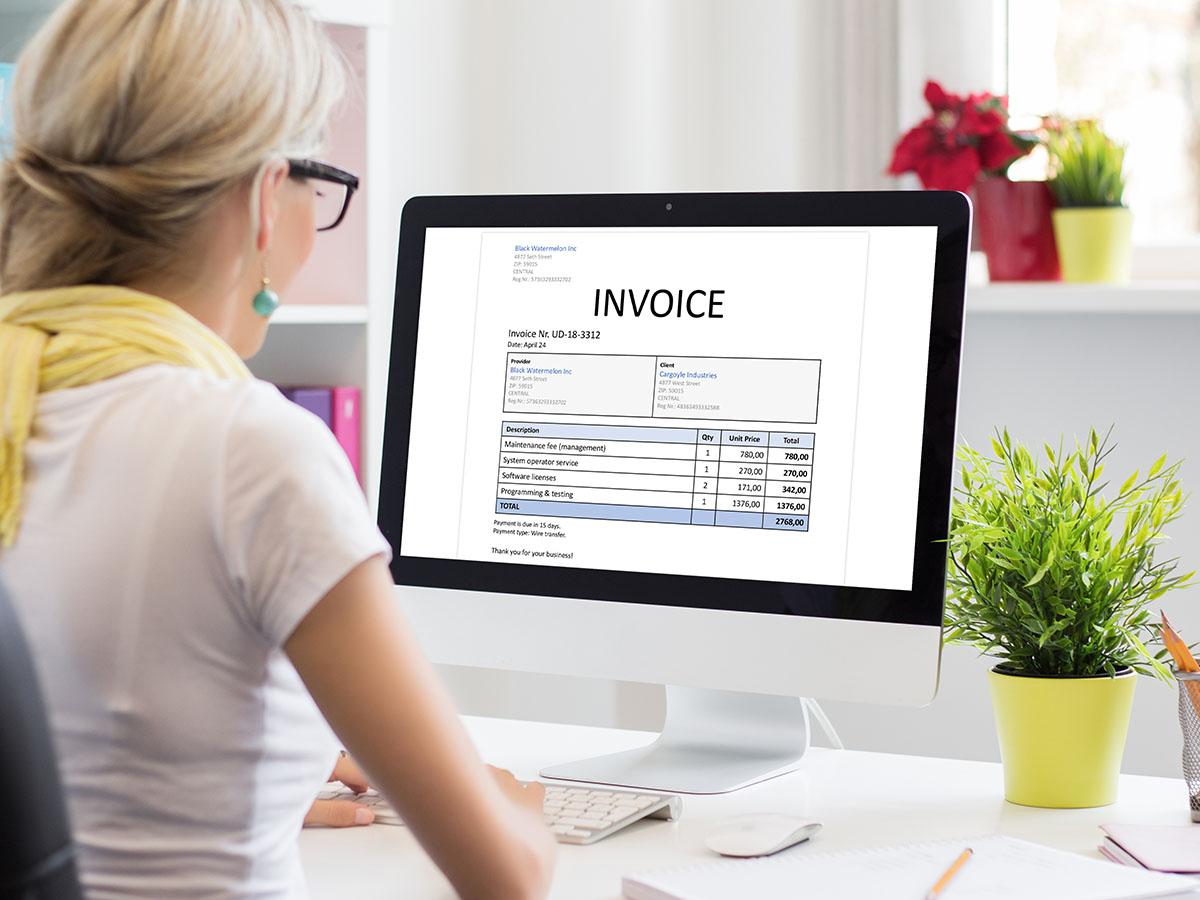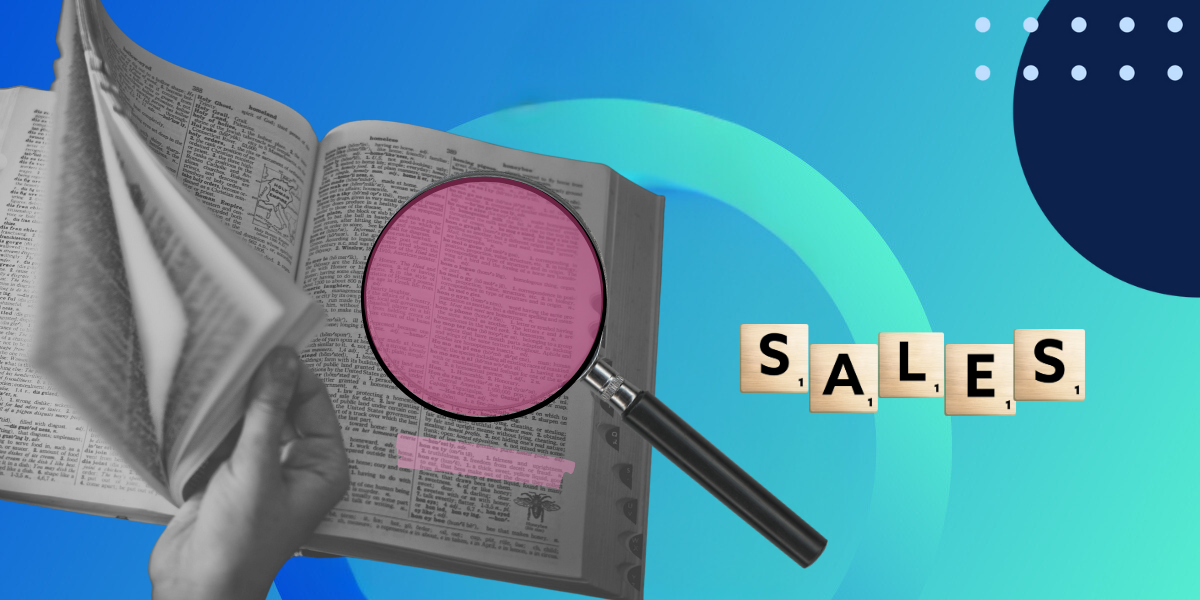The Benefits of Personalized Invoices and Automated, Integrated Technologies

Your accounting department probably creates personalized invoices using multiple data systems, each of them storing a specific type of information. Your CRM system stores personal and professional information your company has collected about your customers, while your billing or accounting solution holds products and services prices in various currencies, discounts, tax percentages, shipping and handling fees, etc. Creating business-critical invoices through manual processes implies accounting clerks must access multiple, disconnected databases, gather the information needed, and type it in the documents everywhere appropriate – for every single bill. This is time-consuming, inefficient and error-prone.
Document automation solutions and data integrations provide a better approach. These technologies enable accounting departments to design dynamic invoice templates linked to the most reliable and current data from their enterprise core systems and applications – CRM, CPQ, accounting, Excel, and more – and automate the document creation process, so invoices are always correct, consistent and delivered on time. Modern solutions like Experlogix Document Automation provides exactly that kind of powerful functionality for all business documents. Invoices are a perfect example.
Template-based, Data-driven Invoices
Experlogix Document Automation Template Builder allows you to design invoice templates that incorporate – via dynamic data fields – the information your company consistently maintains in its systems. Pre-approved, accurate details such as account name and address, primary contact information, purchased products, payment terms, pricing, discounts, and more are automatically pulled from your data sources during the document creation process, accelerating the assembly of personalized invoices.
Because each business is unique, the data systems to which invoice templates should be connected vary:
- If your company sells complex configurable products, your accounting staff probably takes advantage of configure, price, and quote (CPQ) tools. Accessing CPQ data via an invoice template ensures the billing is always accurate. The risks of accidentally omitting a line item, charging for the wrong shipping method, over or under discounting, or using prices inconsistent with the quote are eliminated.
- Professional services firms use uniformed task-based management systems (UTBMS) to assign codes and rates to various tasks. A law firm, for example, would record time spent on conference calls, correspondence, document review, etc. At the end of the month, a template-based bill for corporate legal services would extract data from the UTBMS database and produce an itemized invoice that shows customers exactly how the firm computed the final total.
- Are your bills based on consumption? An electric utility, for instance, might charge different rates per kilowatt hour, depending on the consumer’s chosen plan. Tariffs and fees depend on geographic location, and charges for commercial customers are computed with different algorithms than residential accounts. An invoice template with pre-defined data sources can collect the required data from as many sources as necessary to compute the exact charges for power consumption.
Experlogix Document Automation supports any data integration scenarios.
Benefits of Automated, Personalized Invoices
Personalized invoices generated via an automated process can play a part in providing a competitive advantage. Reducing the manual effort required to create invoices means companies can offer a wider variety of billing and payment arrangements. They can offer billing improvements such as electronic invoice delivery or online payments. Personalized, accurate invoices delivered on time through your customers’ preferred channels improve experience, making it easy for your clientele to do business with you.
Data-driven invoices can also strengthen customer comprehension. Graphical elements such as bar charts or circle graphs on invoices allow companies to present large amounts of data, such as consumption history or account value growth, in easily understood formats that attract attention and encourage customers to take desired actions. Built-in logic into the invoice templates retrieve customer-specific data automatically and create the graphics on an invoice-by-invoice basis.
Another benefit of personalized invoice templates and automation is the speed at which your accounting department can generate bills. Because the template automatically retrieves the data that populates the invoices, your company can streamline the invoicing process and send these business-critical documents (and get paid) sooner.
Accounting departments benefit from replacing their manual invoice creation process with an automated version that supports templates and data integrations. Use the data your company already has available to speed up the invoicing process, improve document accuracy, and boost customer experience.
To learn more about Experlogix Document Automation solutions, visit our Integrations section, request a free 30-day trial and follow us on social media.



